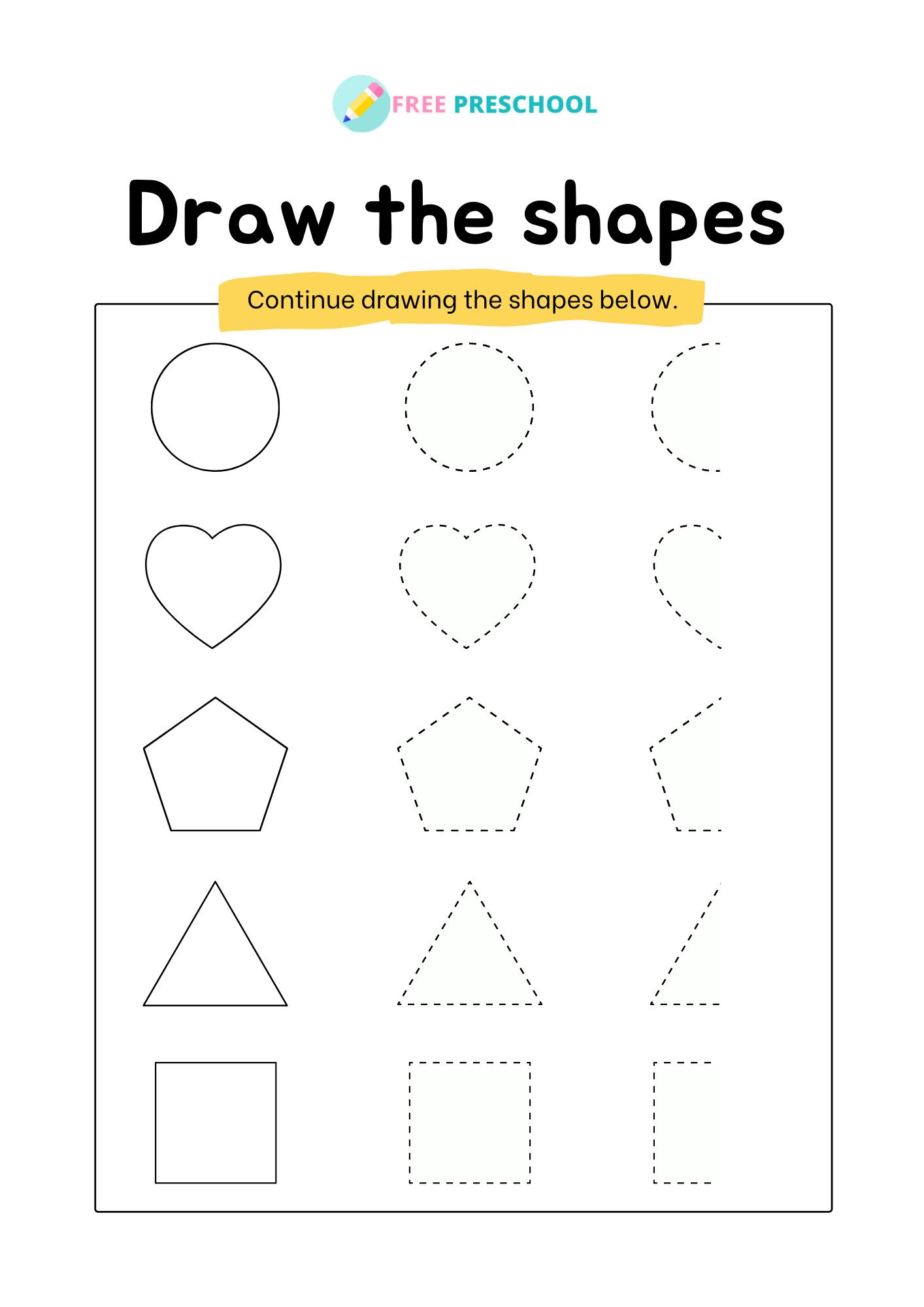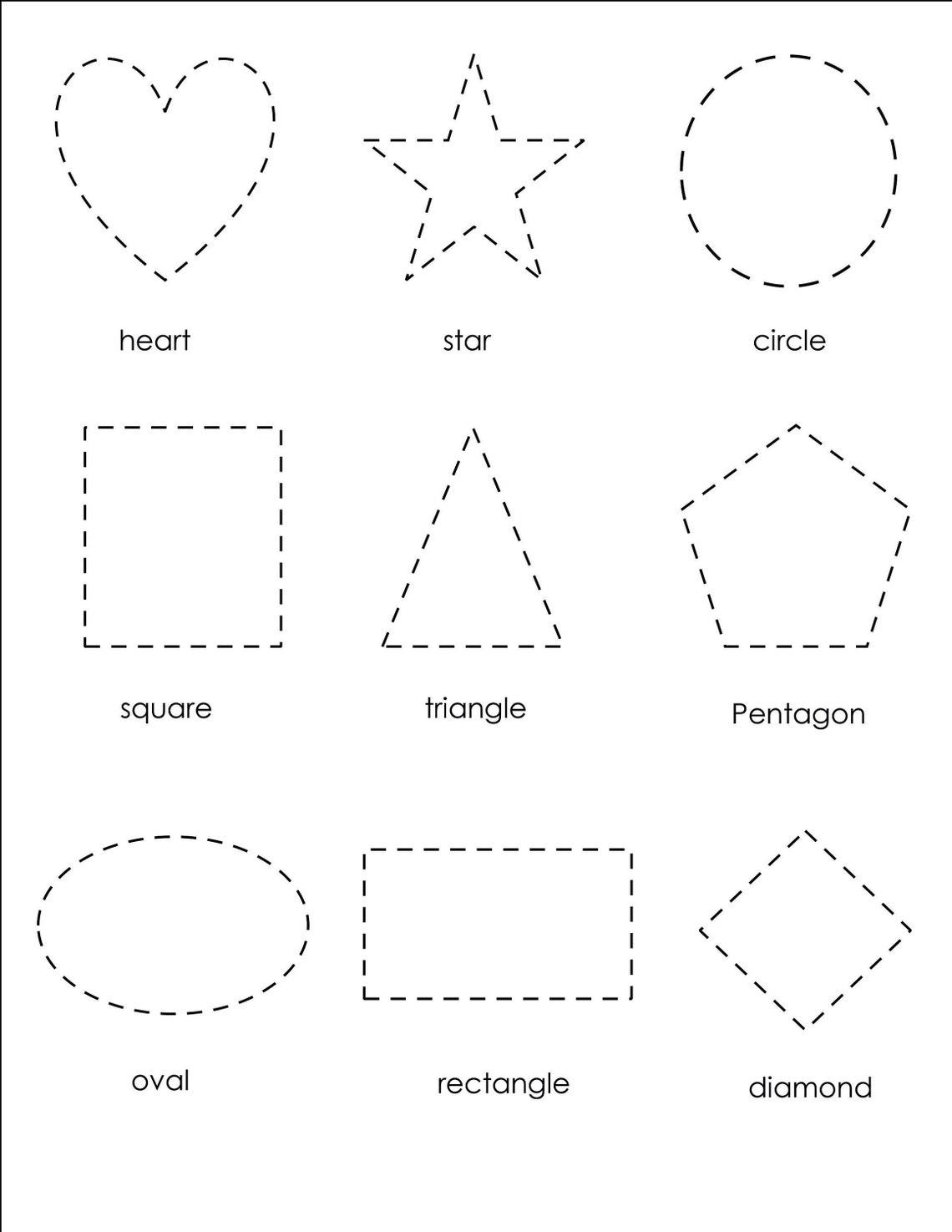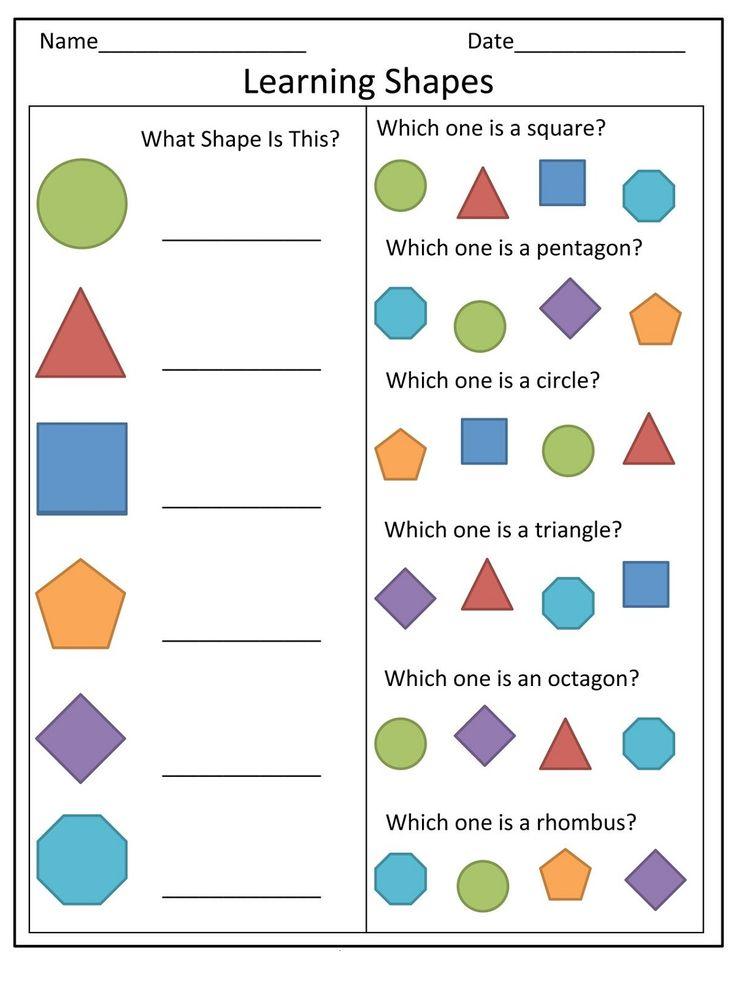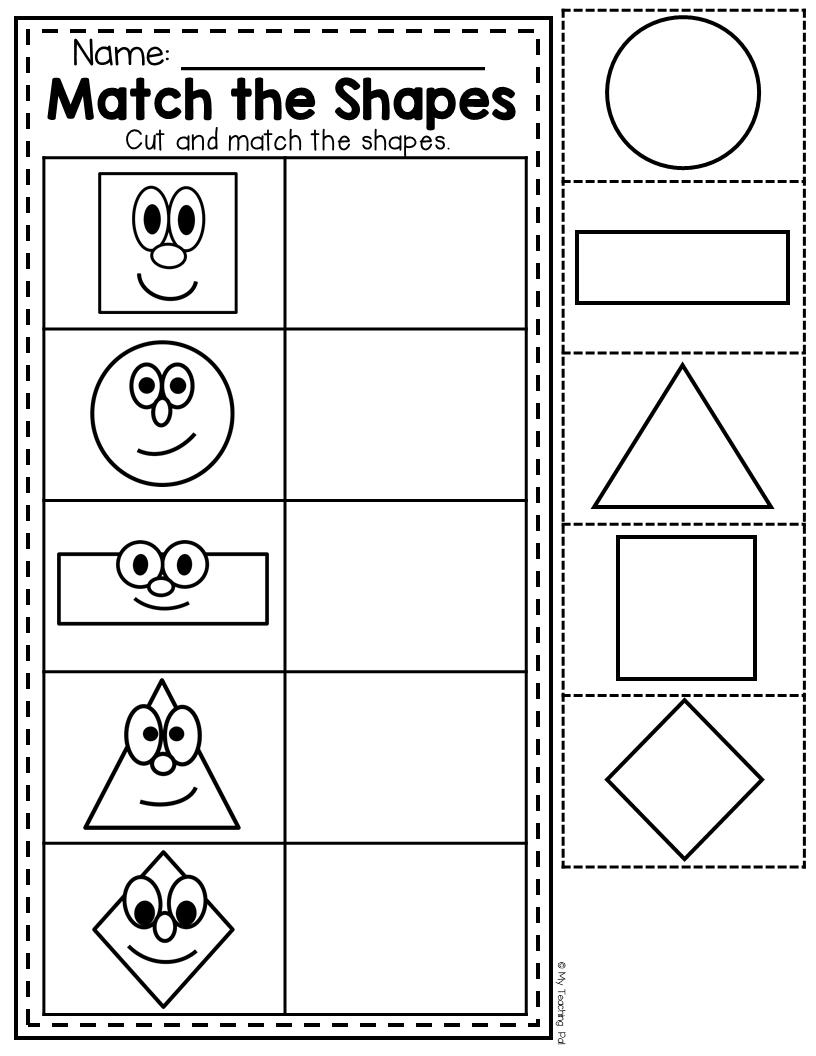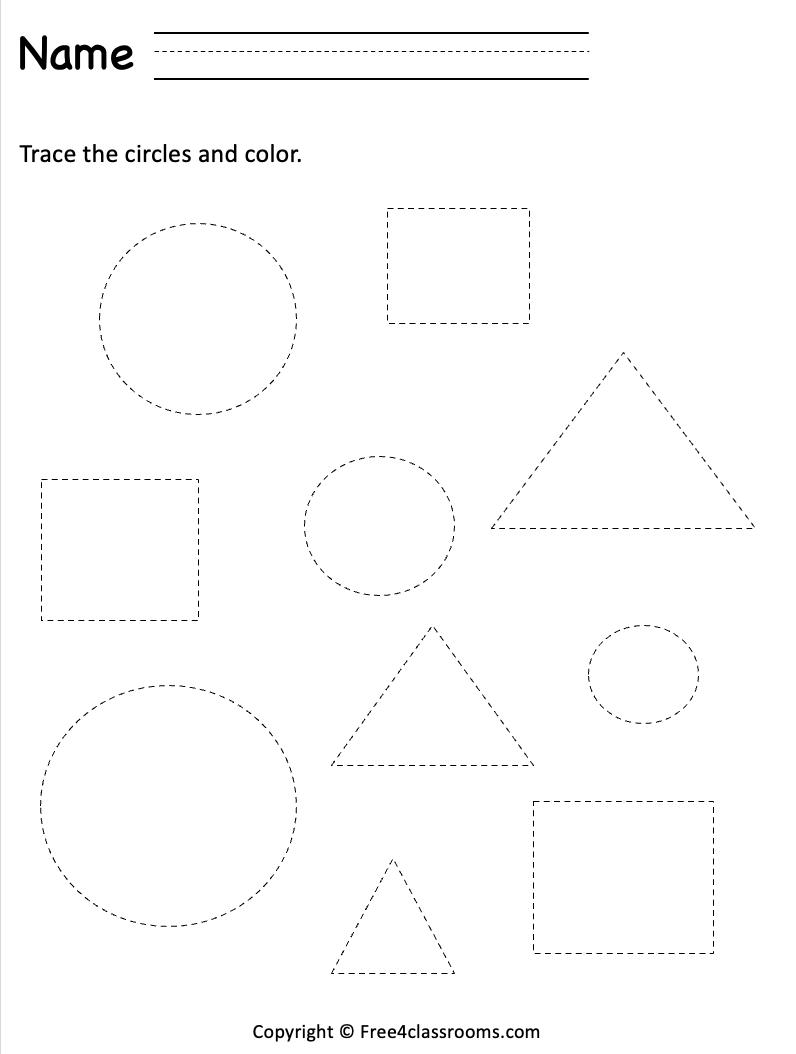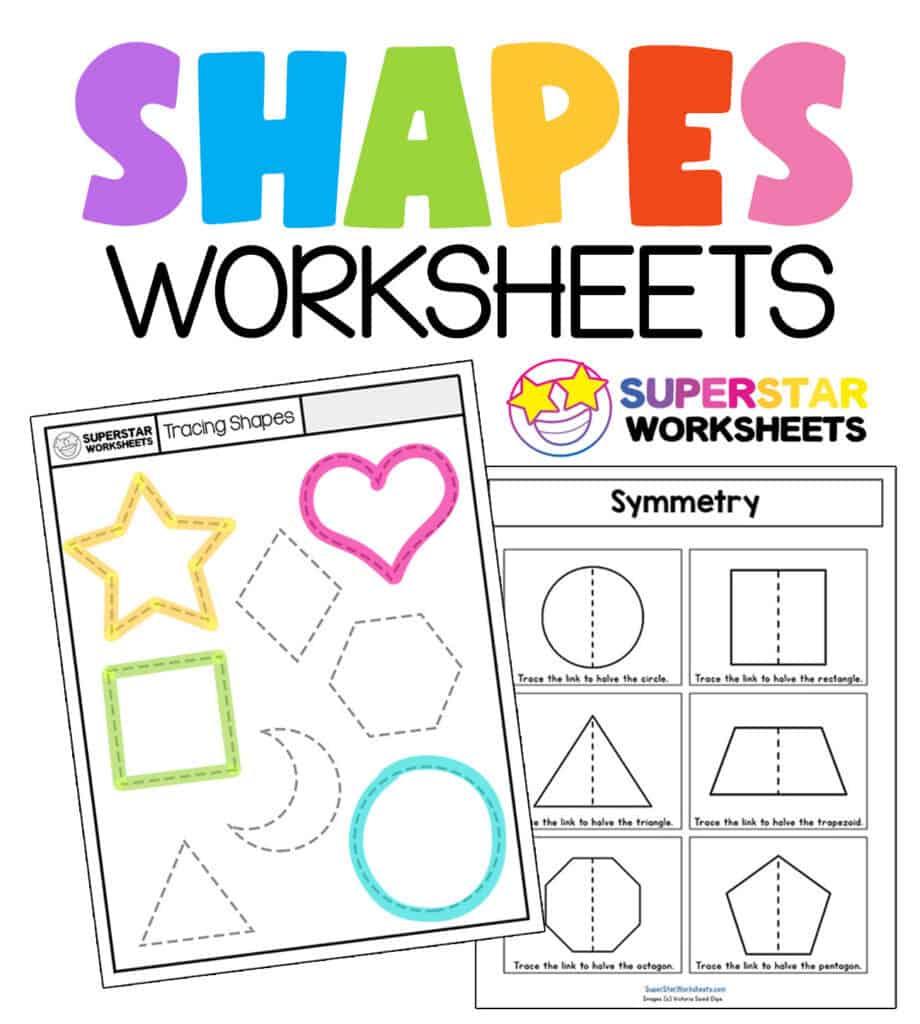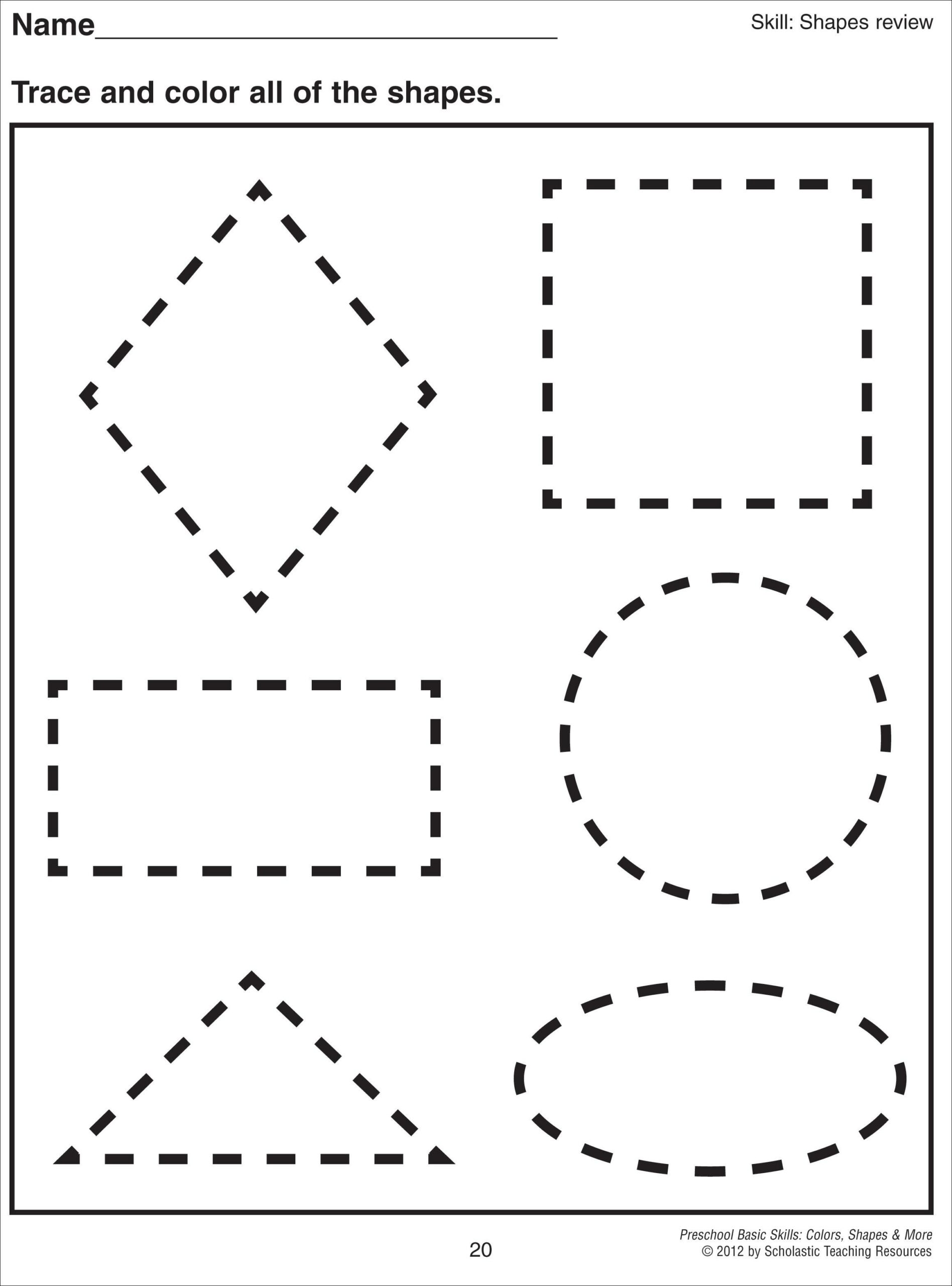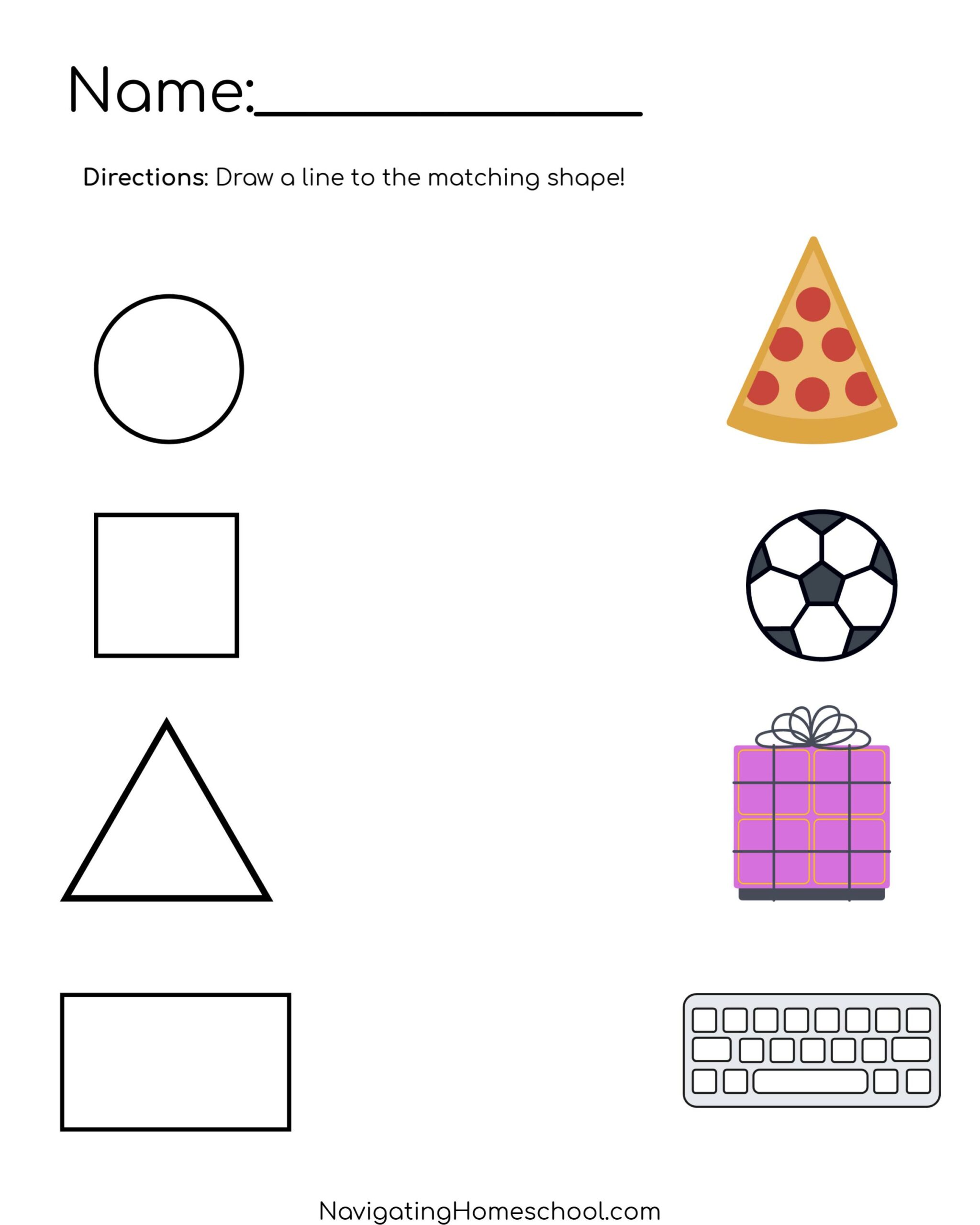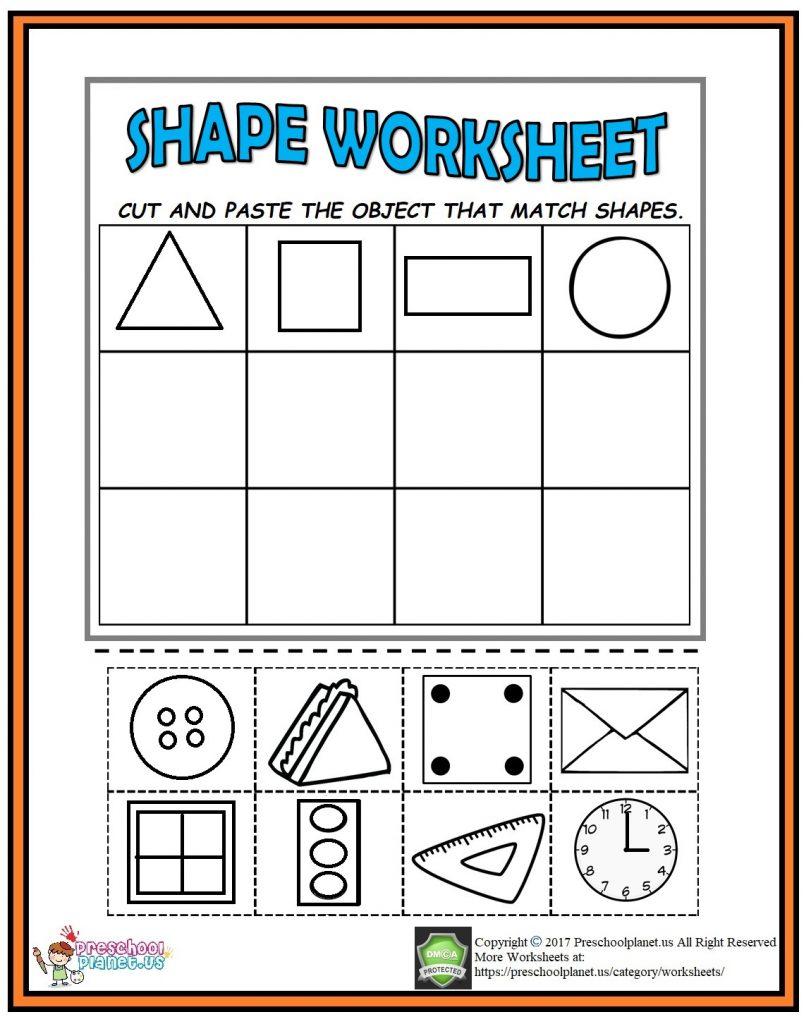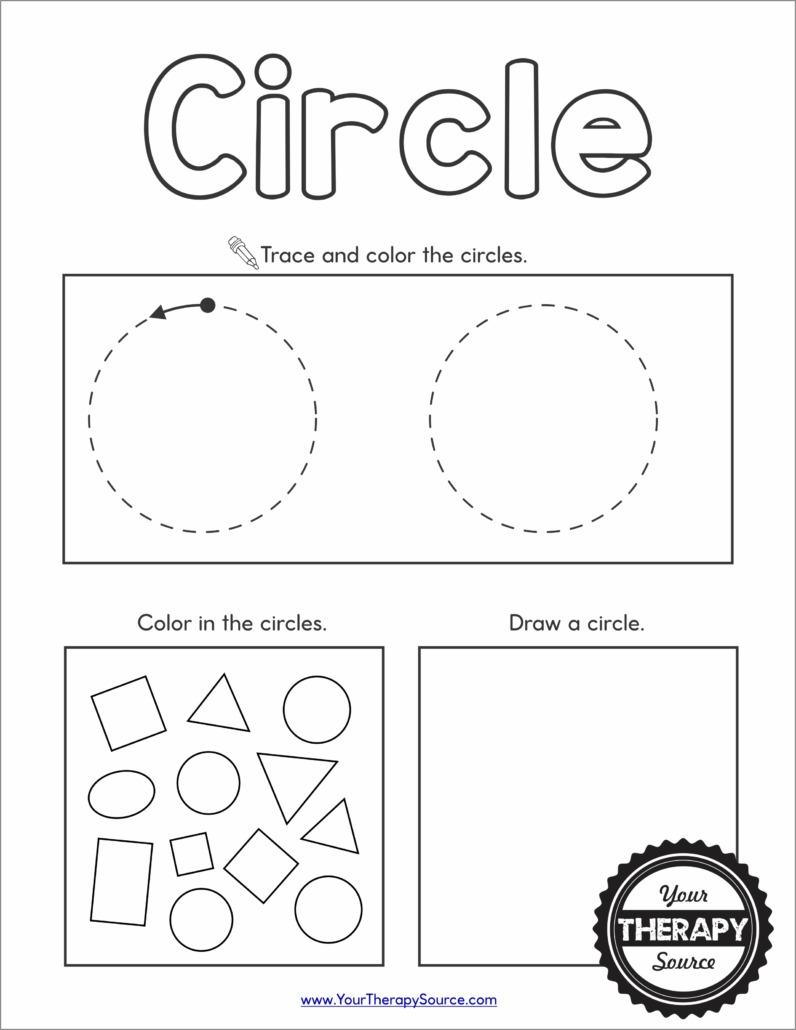
Here are some shapes resources from "Shapes Worksheet Preschool Free Printables" from Your Therapy Source:
Objective: Recognize and identify basic shapes (square, circle, triangle, and rectangle) and develop fine motor skills through coloring and cutting.
Worksheets:
1. Shape Tracing
* Square: _______
* Circle: _______
* Triangle: _______
* Rectangle: _______
* Cut out the shapes and practice tracing the lines.
2. Shape Coloring
* Square
* Circle
* Triangle
* Rectangle
* Color the shapes to help with recognition and fine motor skills.
3. Shape Sorting
* Cut out the shapes and sort them into their corresponding categories (squares, circles, triangles, and rectangles).
4. Shape Patterns
* Repeat the sequence of shapes (e.g., square, circle, triangle, rectangle, square, circle, triangle, rectangle).
5. Shape Collage
* Cut out the shapes and create a collage by arranging them in different ways to create a new picture.
Tips for Therapy and Learning:
* Use these worksheets as a starting point and modify them to suit the needs of your students.
* Encourage students to count and identify the number of sides and corners on each shape.
* Practice using vocabulary related to shapes, such as "pointy" for triangles and "round" for circles.
* Use the worksheets to develop social skills by having students work together to sort and arrange the shapes.
Assessment:
* Observe students as they complete the worksheets to assess their understanding of shapes.
* Use the worksheets to check for fine motor skills and hand strength.
* Ask students to identify and name the shapes they have completed.
Extension Activities:
* Create a shape scavenger hunt around the classroom or therapy room.
* Use real-life objects to demonstrate the shapes (e.g., a book for a rectangle or a ball for a circle).
* Create a shape mobile or 3D shape model using paper shapes and glue.
Conclusion:
The "Shapes Worksheet Preschool Free Printables" from Your Therapy Source provide a fun and interactive way to introduce and reinforce shape recognition, fine motor skills, and vocabulary development in preschool-age children. These worksheets can be used in a therapy setting, classroom, or at-home environment and are designed to be adapted to meet the unique needs of your students.
